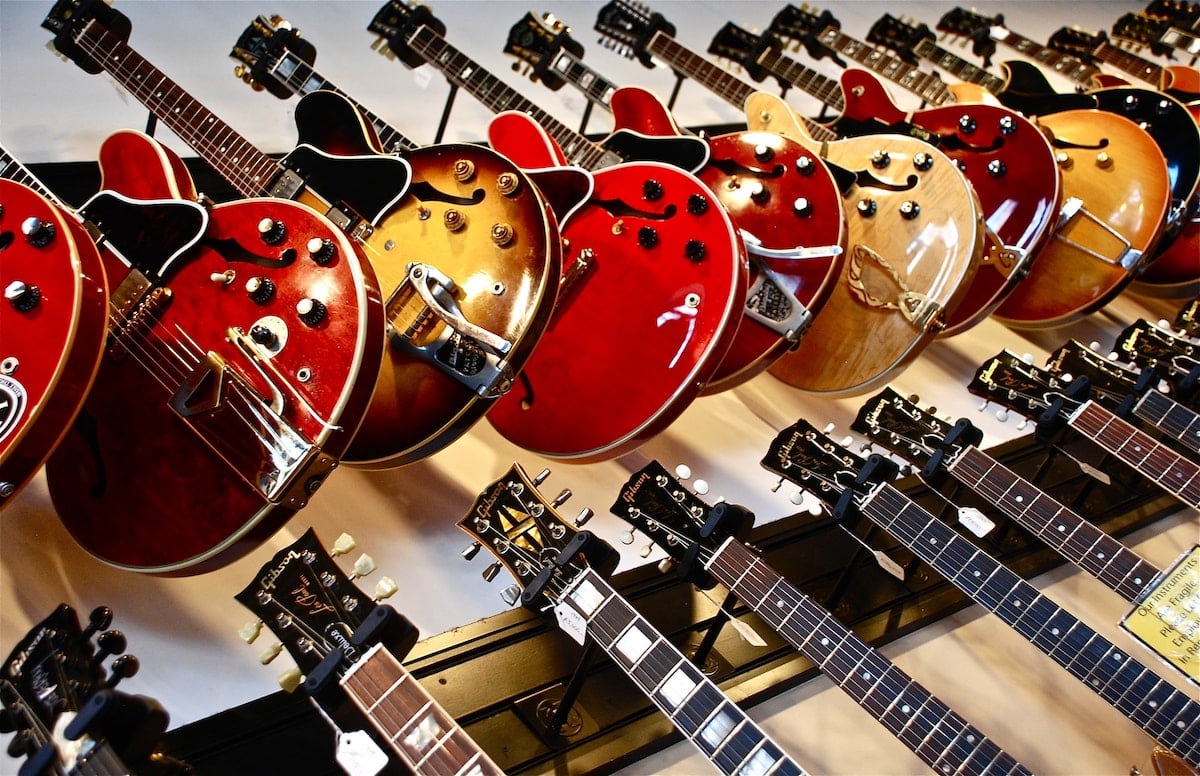Whether you’re buying an electric guitar for the first time or want to move up to a better model, you’re certainly right to be curious about how much money is a reasonable investment at this point. So let’s discuss whether the price plays a role in delivering quality music and the factors that contribute to the high cost of some guitars in comparison to those designed for beginners. Read more on “Guitar Outrun” music blog
Does the Price Really Matter?
Some guitarists believe there is some vast plot to trick players into believing they require expensive guitars. In reality, affordable guitars are more than capable of satisfying the guitarists’ requirements. They are correct, but another word for this situation is “marketing.”
Put yourself in the position of one of the main guitar makers, perhaps one that has been around for several decades, to understand better what is happening here. You are well aware that the top-tier guitars you make such as PRS electric guitars, are among the best in the world. They are well-crafted, have incredible tonal qualities, and have earned legendary status among guitarists. According to your research, there is a ceiling above which you can increase the price, and consumers will continue to buy the product.
What Affects Guitar Price?
- Location: High-end guitars are typically individually built in the United States, where they are painstakingly crafted and examined for flaws before being sold. A higher cost is warranted in exchange for this attention and detail. Entry-level guitars are typically mass-produced in China, where quality control measures are laxer.
- Wood Quality: Most of the time, guitars with a higher price tag are crafted from wood species that are either more scarce or of a higher grade.
- Body Finish: The finish on inexpensive electric guitars is typically glossy and flat, whereas the tops of mid- to high-range guitars may be made of maple and include distinctive patterns such as flame maple or quilted maple.
- Hardware Quality: The hardware and electronics found on more expensive guitars are often of greater quality, which results in improved tonal quality and increased durability.
- Neck Construction: The bolt-on neck, the set-neck neck, and the neck-through neck are the three primary types of neck structures. The bolt-on construction is the most affordable option. In contrast, the other two neck styles call for greater attention to detail during production and typically produce a more pleasing tone.
Do You Need an Expensive Guitar?
You may have often wondered whether or not it is necessary to purchase an expensive guitar to achieve a pleasing tone.
The correct response is “no.” An extremely pricey guitar is not required to produce a high-quality sound. Most of the time, the difference in quality between a guitar that costs $500 and one that costs $2,000 is not four times as good. To a large extent, that is determined by your goals.
Your amplifier also determines the sound you get and any pedals you could utilize. Therefore, the sound won’t be as good if you plug a guitar that costs $4,000 into an amp that only costs $250.
A guitar, like anything else, is only worth as much as the buyer is prepared to pay for it. Because different characteristics are more or less desirable at different times, prices will inevitably shift.


